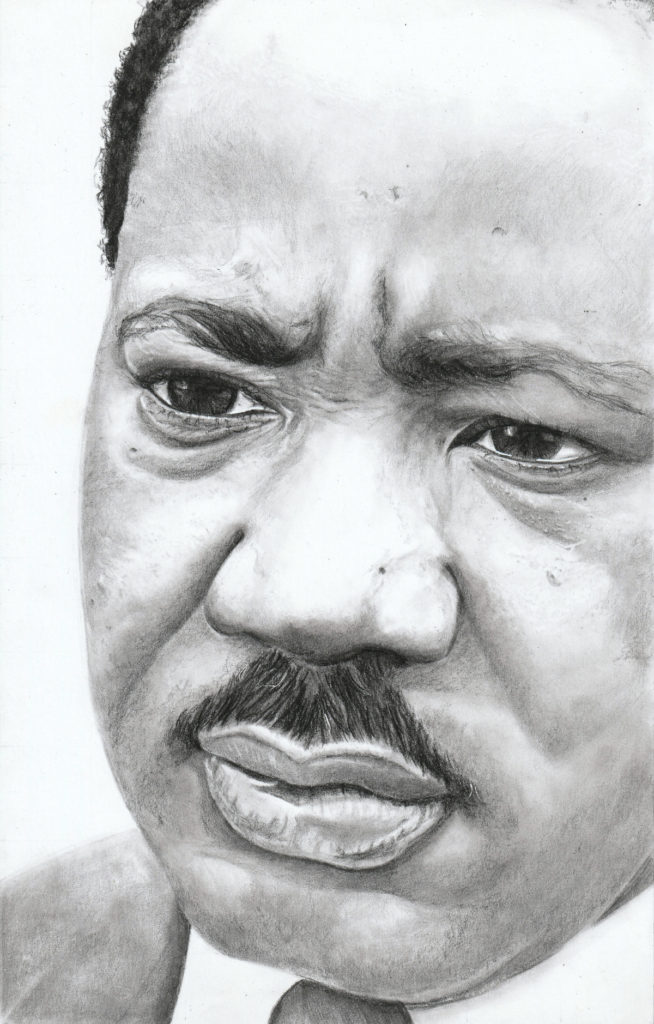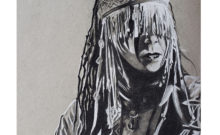
Last week I started reading The Radical King, a collection of sermons and essays written in Dr. Martin Luther King Jr.’s own words and edited by Dr. Cornel West. I’ll keep this brief as I’m not through with the book yet and I want to reserve final thoughts for when I’ve completed the essays. I want to say this though; it is impossible to know Dr. King without this essential collection of personal essays and inner monologue.
“The fundamental question is: Does America have the capacity to hear and heed the radical King or must America sanitize King in order to evade and avoid his challenge?”
–Dr. Cornel West (The Radical King)
In modern America, Dr. King has undergone a metamorphosis. We have all heard his inspiring words and have taken a piece of him into our hearts, but to our collective detriment, we attach our own ideologies before regurgitating him back out into the world. One key take-away from this book is that Dr. King cannot be distilled down to a soundbite, a meme or an out-of-context quote. He was a man of great nuance. He was a voracious consumer of knowledge, studying sociology, psychology, theology, and economics. It wasn’t enough for Dr. King to just know a thing; he needed to know the who, what, where, why, when and how of a thing. He was comfortable changing his mind; he thoughtfully observed the world around him and was equally resolute at examining the world within. To know him, one must resist presumption and endure to understand how he came to know himself—through his own words.
Dr. King studied many great philosophers and thought-leaders and he took great care to distinguish where he agreed with them and where he didn’t. It’s my opinion that he wouldn’t much appreciate how we’ve come to memify him, in part because he would not have taken the time to meticulously outline his thinking if he didn’t want to be understood. This is not to say that soundbites or quotation memes are malicious. Of course they’re not. I’ve posted them myself each January to pay homage to the civil rights leader who has energized me and so many others in our work. I simply want to encourage all of us to gain a greater understanding of Dr. King so that when we seek to inspire others, we do so by connecting his words to his intent rather than to our own—to whatever degree it’s humanly possible.








